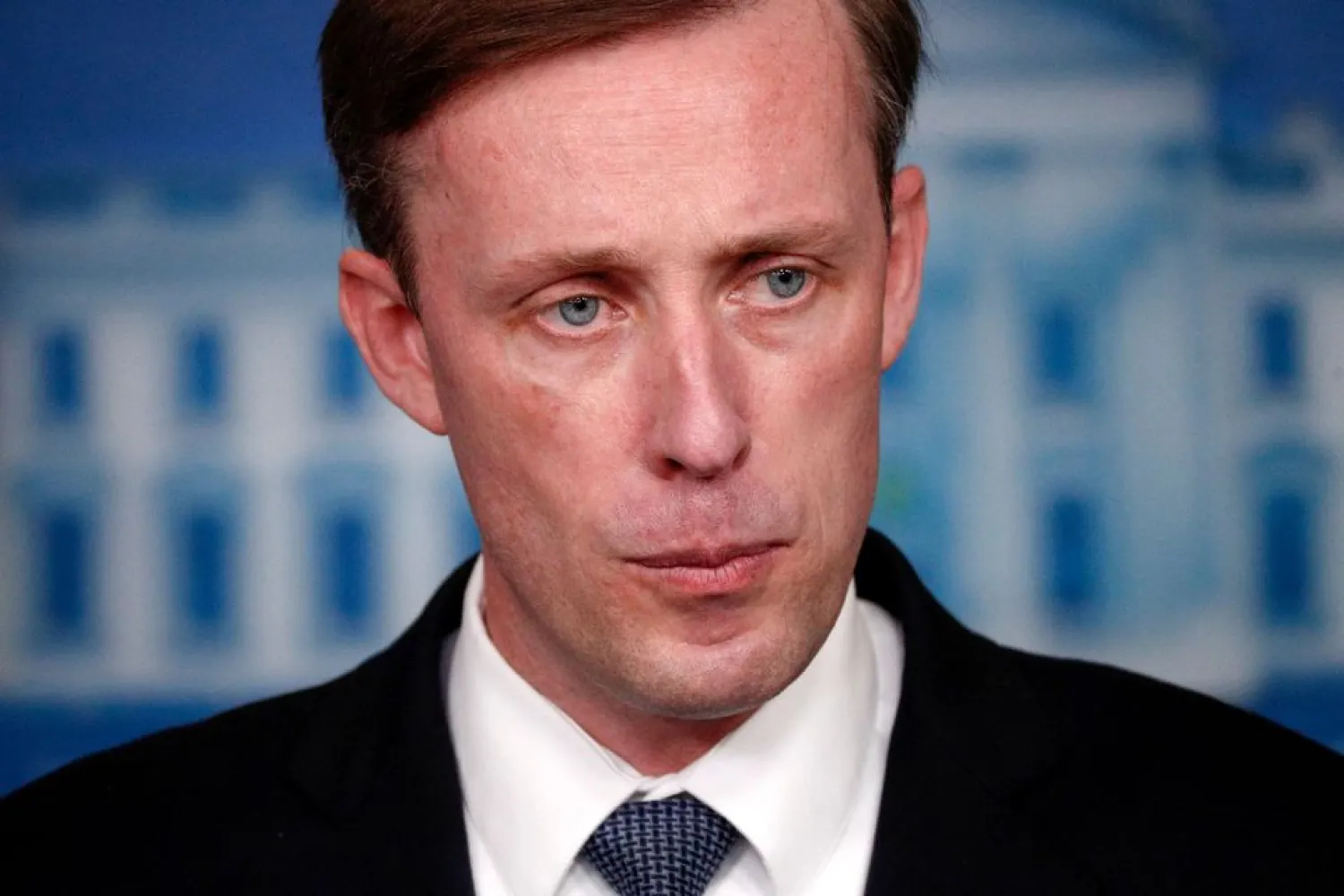Iran's rapidly advancing nuclear program poses a grave threat to the Middle East and international peace, the White House said on Wednesday, after high-level US-Israeli talks in Jerusalem.
In their meetings, visiting US national security adviser Jake Sullivan and Israeli leaders sought common ground on how to deal with Iran's atomic activities amid slow-moving negotiations between world powers and Tehran.
Sullivan told Israeli Prime Minister Naftali Bennett that the United States and Israel are at a "critical juncture" for forging a shared security strategy, Bennett's office said.
In public remarks after his own talks with Sullivan, Israeli Defense Minister Benny Gantz called on world powers not to allow Iran to play for time at nuclear negotiations in Vienna.
Israel has long hinted that, if it thinks diplomacy has hit a dead end, it could resort to preemptive strikes to deny its sworn enemy the means to make a bomb.
But there have been doubts among security experts whether Israel has the military capability to effectively halt Iran's program on its own, or if Washington would back its moves.
The White House, issuing a statement after Sullivan and his Israeli counterpart led a meeting of senior US and Israeli officials, said the delegations discussed "the need to confront all aspects of the threat" posed by Iran.
"They agreed that Iran's rapidly advancing nuclear program poses a grave threat to the region and to international peace and security," the White House said.
"The officials affirmed that the United States and Israel are aligned in their determination to ensure that Iran never gets a nuclear weapon," the statement added, reiterating long-standing US policy.
Iran denies seeking nuclear weapons, saying it only wants to master nuclear technology for peaceful purposes.
Washington has been spearheading efforts to revive the 2015 atomic pact in which Iran agreed to curb its nuclear program in return for the lifting of sanctions.
Israel bitterly opposed the deal and former President Donald Trump pulled the United States out of it.
Sullivan, sent by President Joe Biden on a 30-hour visit to Jerusalem and the occupied Palestinian territories, updated Israel on recent developments in the Vienna talks and the two sides exchanged views on the way forward, the White House said.
Israeli Foreign Minister Yair Lapid said he and Sullivan discussed "the strategy for combating Iran's nuclear program and the way in which the US and Israel cooperate on this issue".
Since Trump pulled out of the nuclear deal, Iran has breached the pact with advances in sensitive areas such as uranium enrichment.









